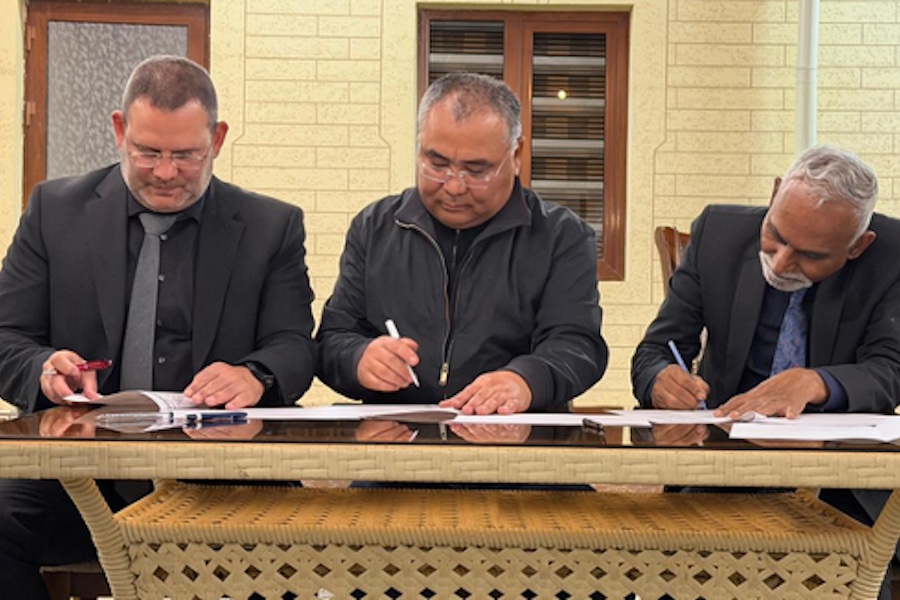#Raw Materials
‘Review’ articles ask: What in the world is going on with global logistics in cotton?
- Delays at ports, where ships are often parked offshore for days or weeks before they can be unloaded,
- Lack of space at port warehouses,
- Lack of truckers to pick up goods and carry them inland,
- Lack of available containers, and
- Wild and expensive swings in freight rates.
There are, however, some positives that are expected to emerge from this global shipping mess. For example, the Australian government is reviewing the entire country's maritime shipping and logistics systems to remove bottlenecks and increase technology adoption. In India, e-invoicing and the goods and services tax have streamlined interior logistics, while businesses in the United States are reconsidering just-in-time inventory and looking for new incentives for shippers, truckers and port workers to ensure the labour is available when it's needed.
With new virus variants still emerging and global logistics challenges still mounting, no one is quite sure when things will get back to normal — or even what normal will look like when the pandemic is over. But as one of the authors concluded, all stakeholders in the cotton supply chain should be using this time to evaluate their processes and operations so they will be better prepared the next time disaster strikes.
To view this FREE edition of ‘Cotton: Review of the World Situation’, please click here:
https://www.icac.org/Publications/PastIssues?Id=64
Executive Summary
Highlights from the current issue of the ‘Review’ include:
• Five articles focussing on shipping and logistics in different parts of the world
• The regions covered are Australia, Brazil, India, Taiwan and the United States
• The challenges are affecting all areas: ports, shipping, warehousing and trucking
• However, while the problems are daunting and still piling up, stakeholders across the globe are using this time to reevaluate their operations and upgrade them so they're better prepared for the next disaster
To make matters worse, any type of scheduling delay can cause a cascade of new problems further downstream, making uncertainty the only given in today's supply chain.














